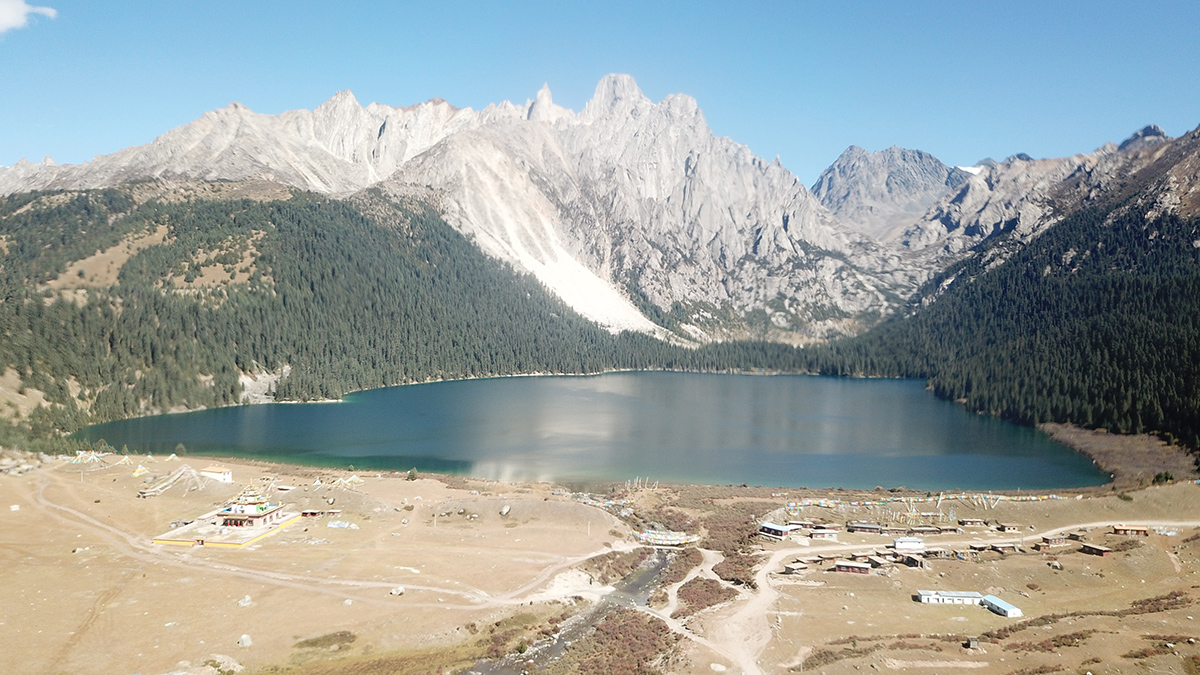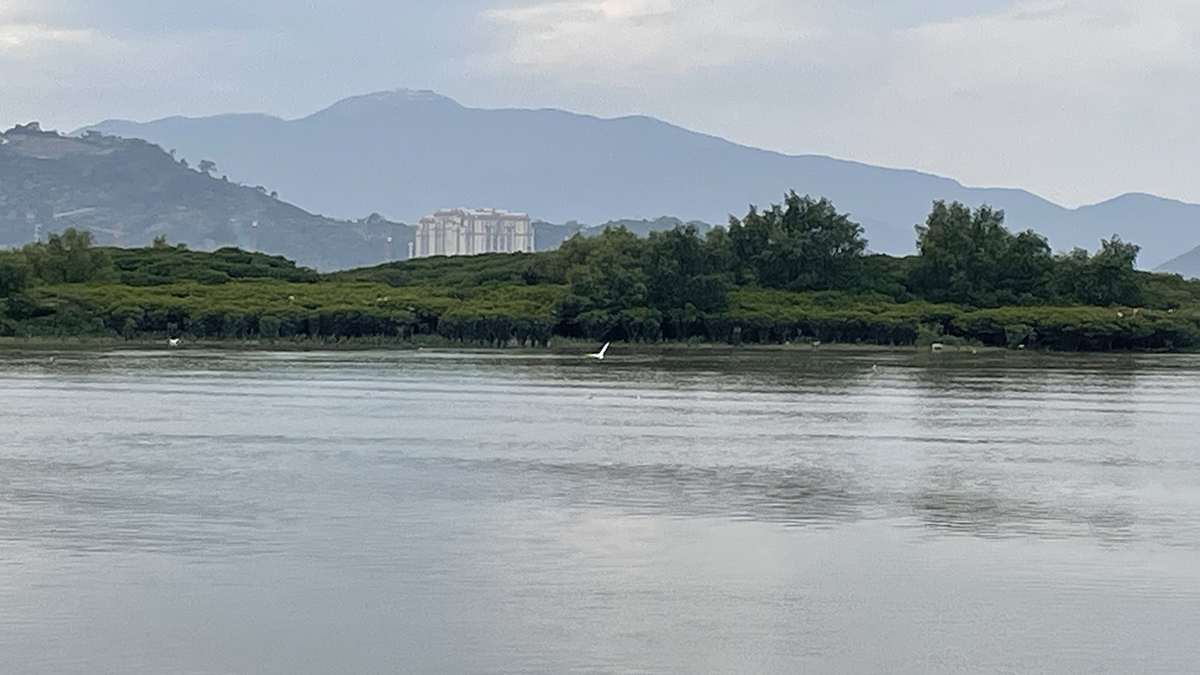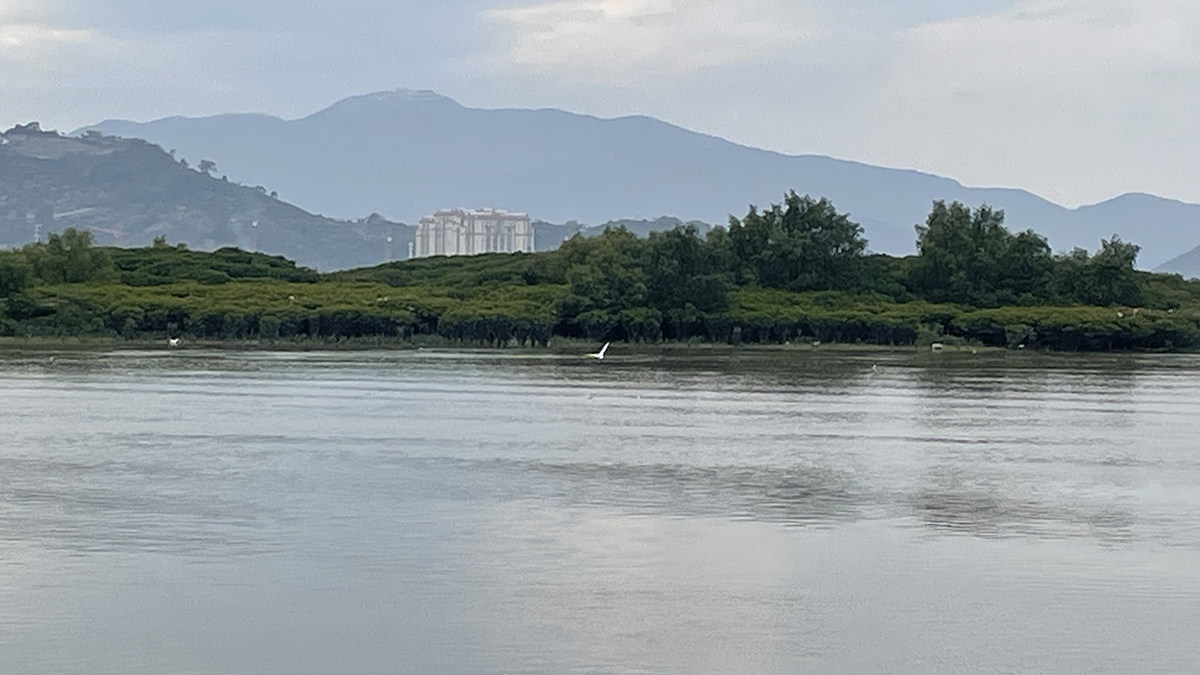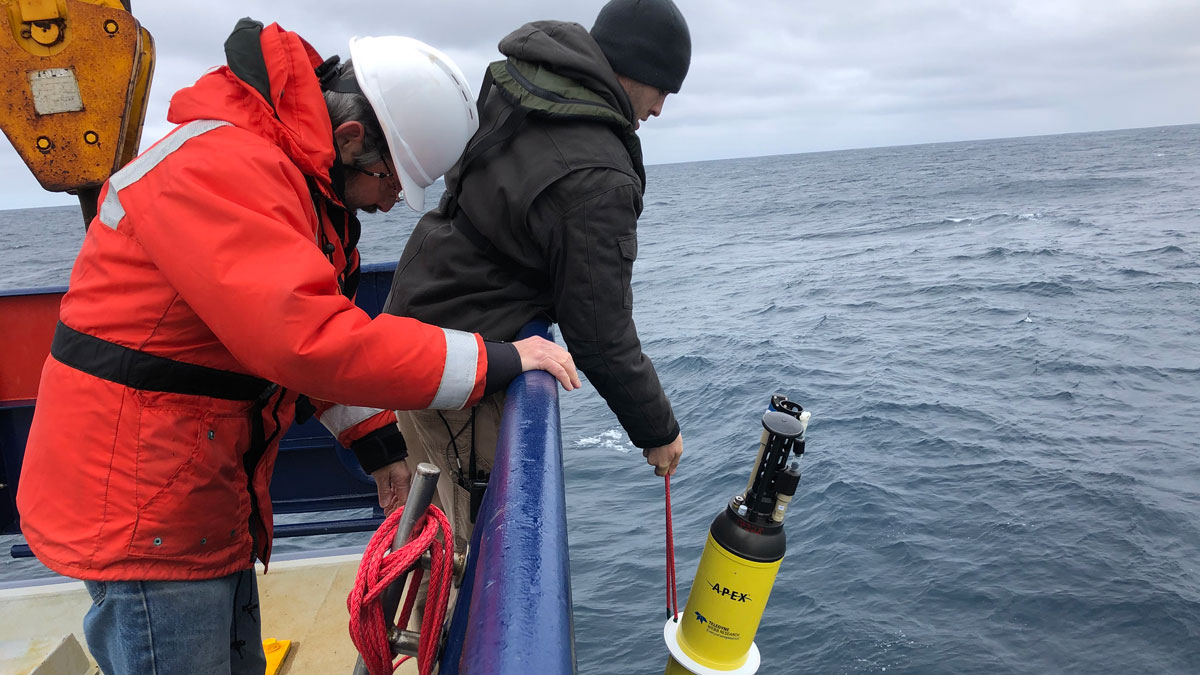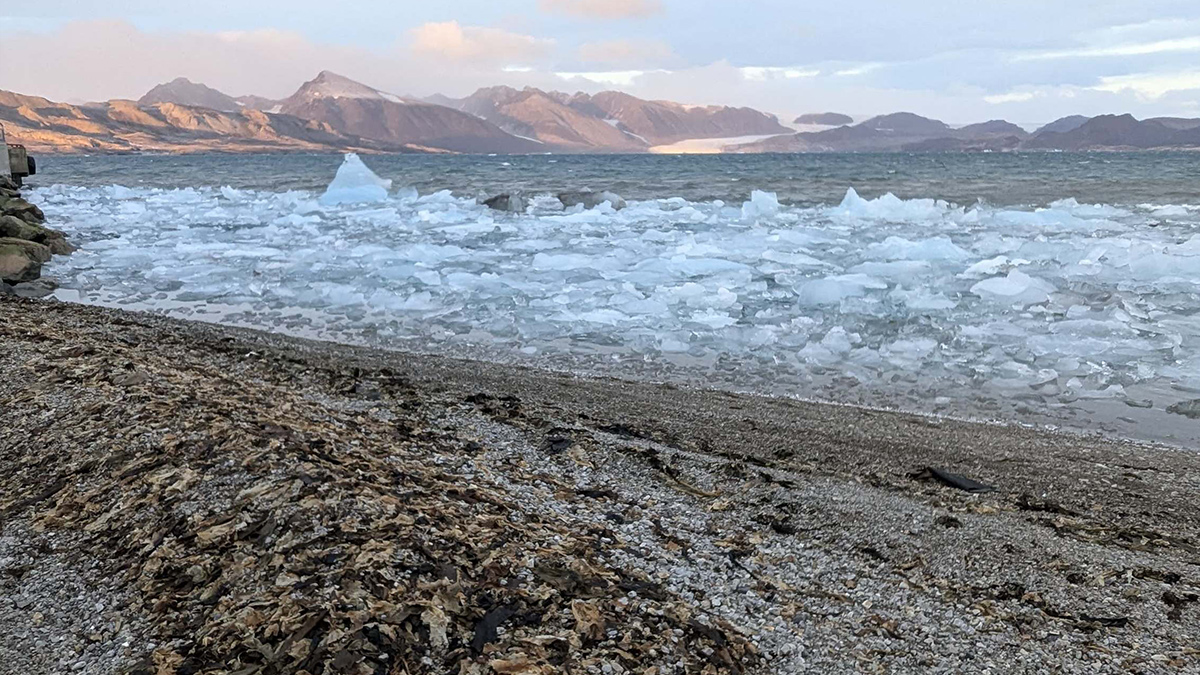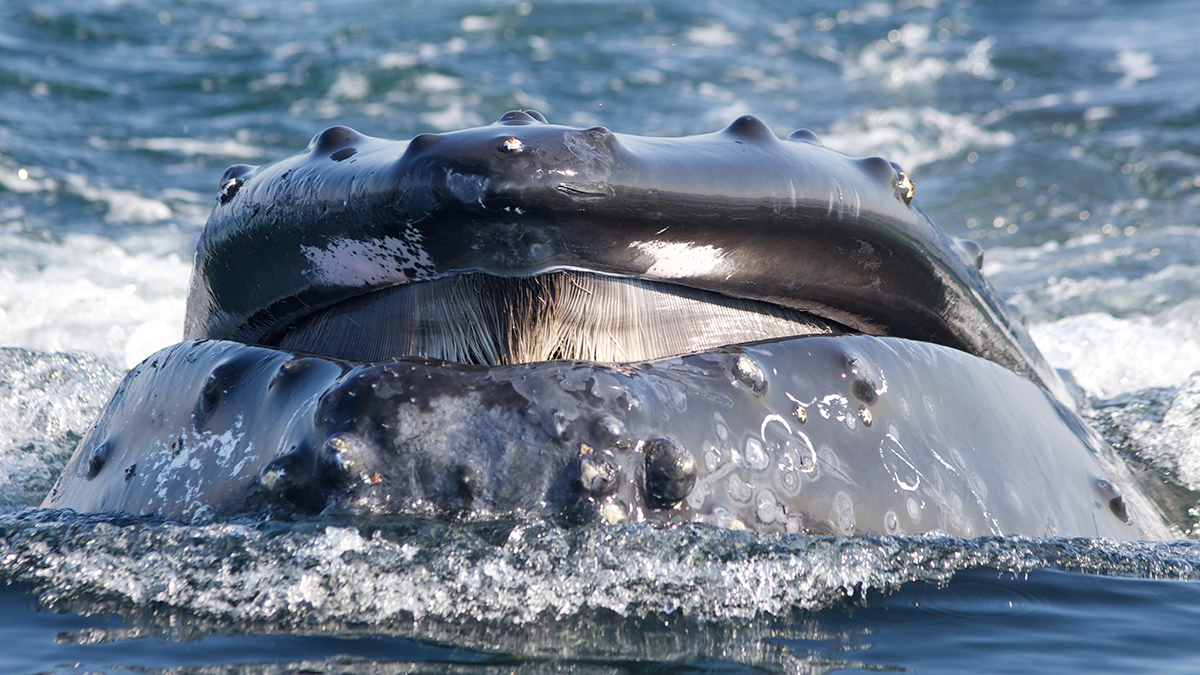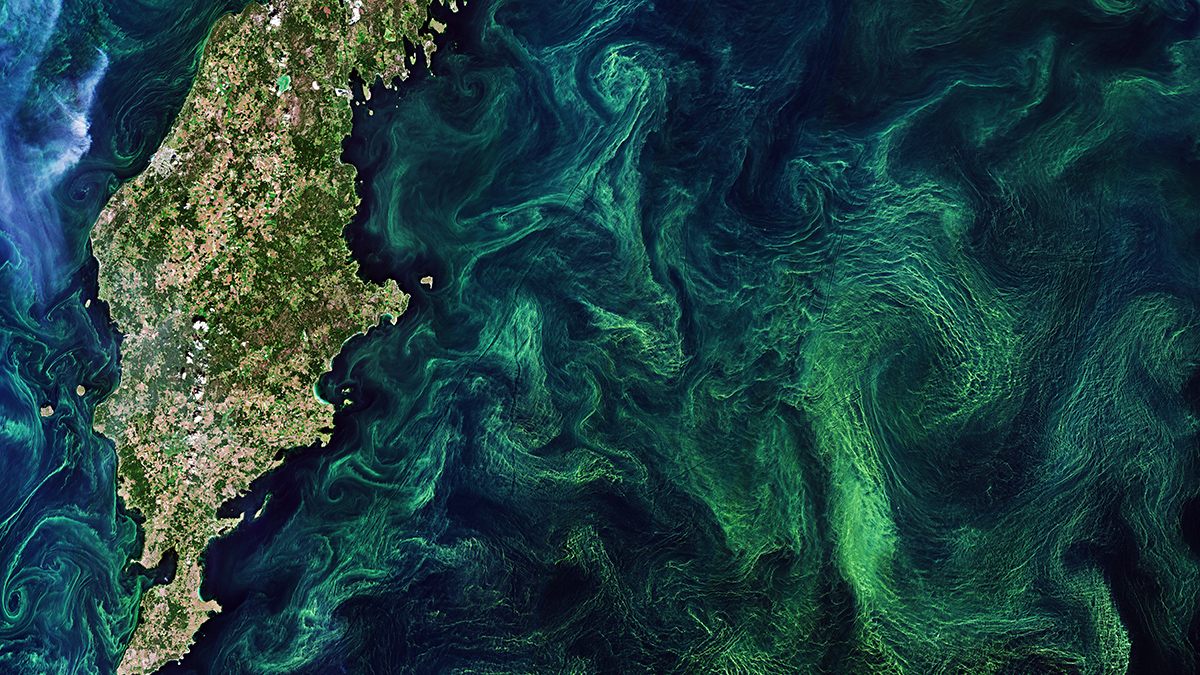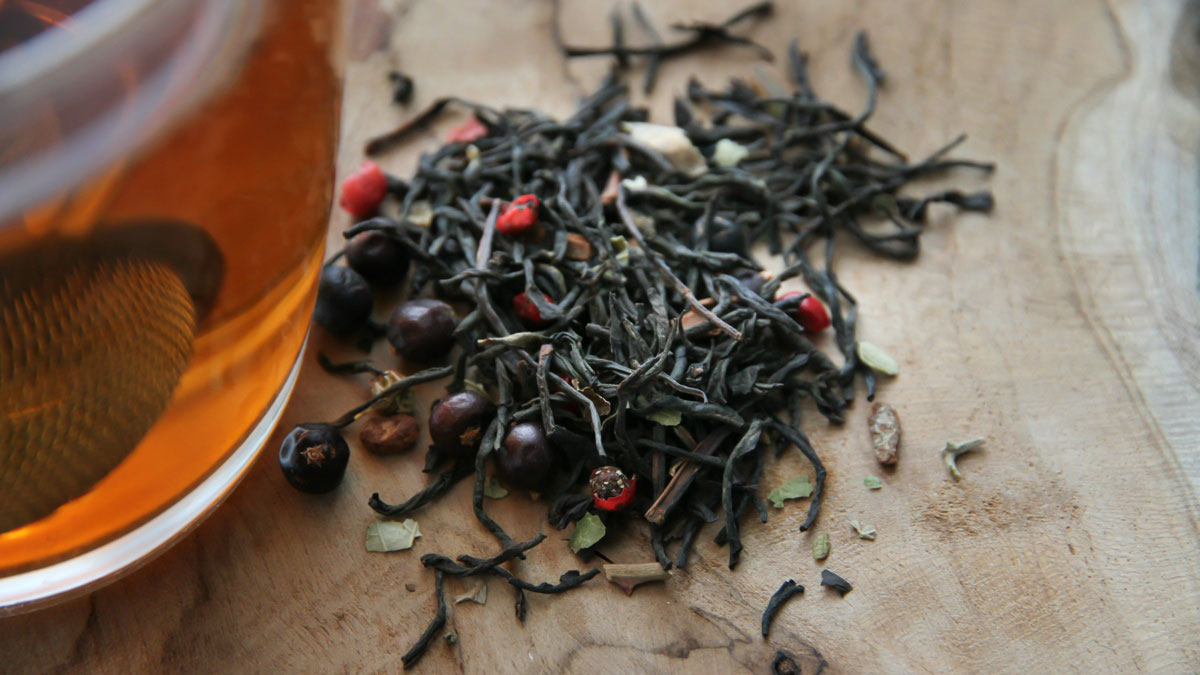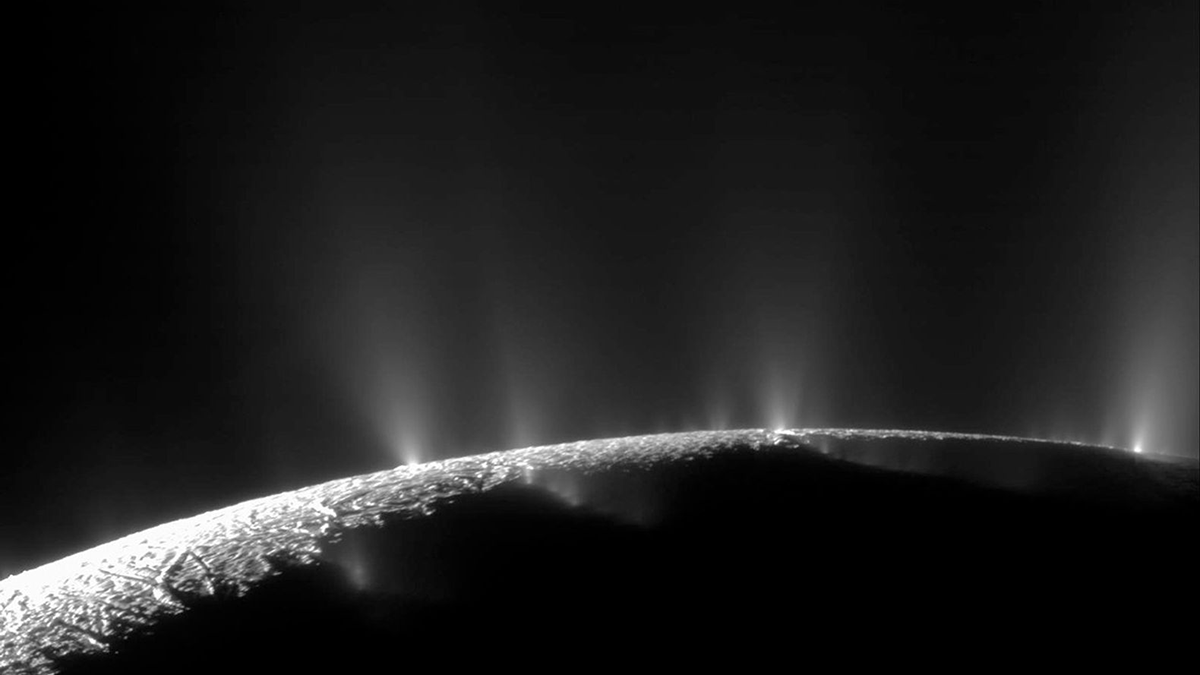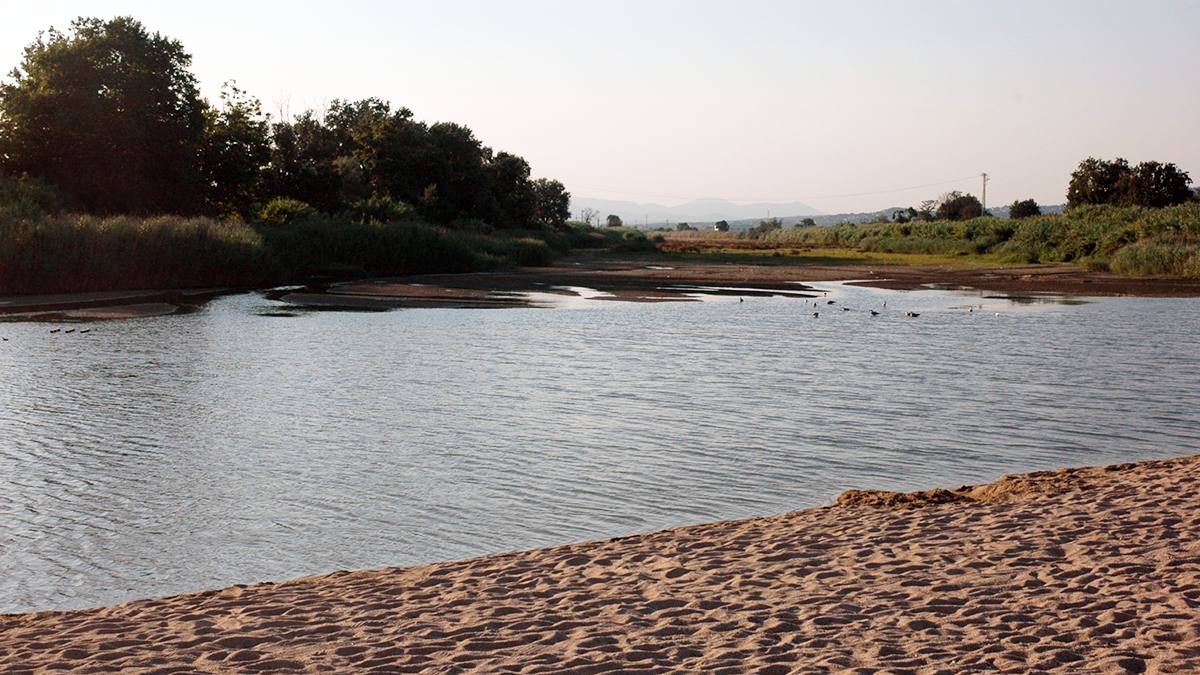After an earthquake, a lake’s geological, chemical, and biological components get reconfigured. A new study dives into the effects of seismic shifts on the Himalayas’ Lake Cuopu.
biogeochemistry
Tracing Black Carbon’s Journey to the Ocean
Scientists surveyed a trio of estuaries in pursuit of a missing source of oceanic dissolved black carbon.
Robotic Floats Quantify Sinking Carbon in the Southern Ocean
An estimated 2.69 billion tons of carbon are exported to the deep sea every year from the Southern Ocean.
Seaweed Surges May Alter Arctic Fjord Carbon Dynamics
Climate change–accelerated seaweed growth could cause seaweed-dependent microbes to proliferate and consume more oxygen, leading to a rise in oxygen-starved zones.
A Great Whale Conveyor Belt Transports Nutrients Across Oceans
Baleen whales shift huge amounts of nutrients, including nitrogen, from high-latitude feeding waters to tropical breeding areas.
Could Bubbling Oxygen Revitalize Dying Coastal Seas?
Reoxygenation approaches have shown some success in lakes, but their potential risks must be examined carefully before they’re implemented as solutions to improve the health of coastal waters.
Tea Leaves Remove Lead from Water
Surface and chemical properties of tea leaves may help explain the correlation between tea consumption and lower incidences of heart disease, high blood pressure, and stroke.
Using Algorithms to Help Find Life on Icy Ocean Worlds
Scientists could use machine learning to analyze atmospheric samples in order to help identify microbes on frozen moons. They’re testing the concept using bottles of brine and smelly bacteria.
Carbon-Nutrient Ratios Drive Nitrate Removal in Mediterranean Streams
The type of organic matter, and ratio of nutrients to carbon, impact the ability of heterotrophic bacteria to effectively remove certain forms of nitrogen pollution (nitrate) from streams.

